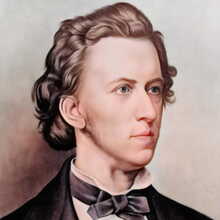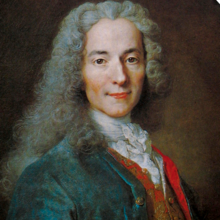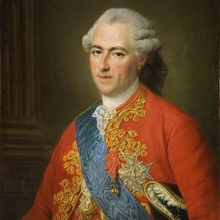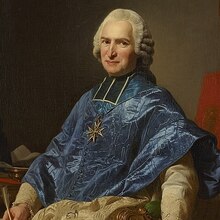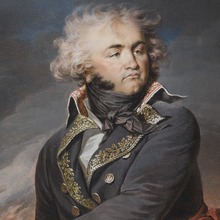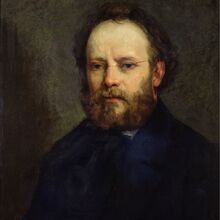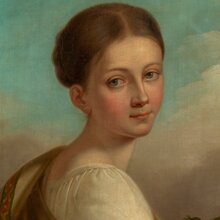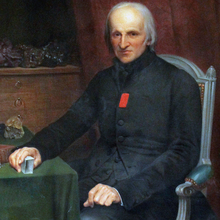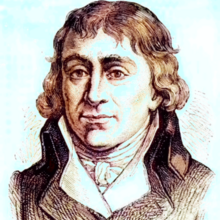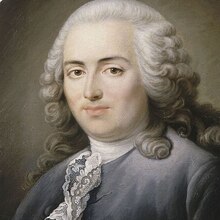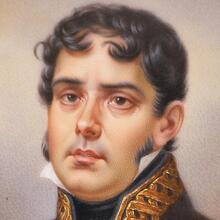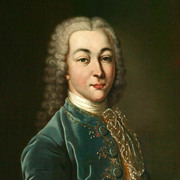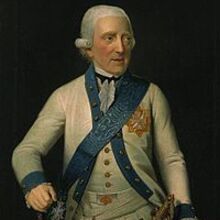
Personal
Other names:
Job / Known for:
Publicist and Jesuit priest
Left traces:
Memoirs Illustrating the History of Jacobinism
Born
Date:
1741-10-02
Location:
FR
Villeneuve-de-Berg, Ardèche, France¹
Died
Date:
1820-10-05 (aged 79)
Resting place:
FR
Death Cause:
Natural causes
Family
Spouse:
Children:
Parent(s):
QR Code:
Show More
Rank
Users ranking to :
Thanks, you rate star
Ranking
5.0
1
Fullname
Augustin Barruel
Slogan
The Revolution is the work of the secret societies
About me / Bio:
Show More
Article for Augustin Barruel
Died profile like Augustin Barruel
Comments:

